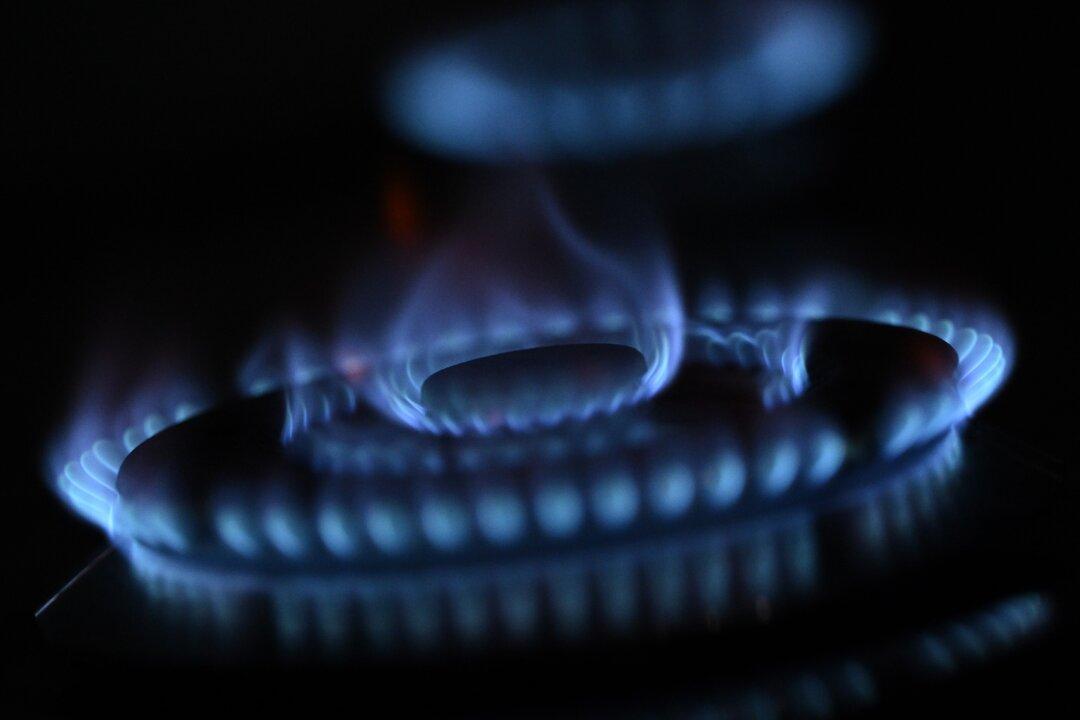Expert testimony before a House committee outlined flaws in the Biden administration’s gas stove tests and the potential illegality of the Department of Energy’s (DOE) upcoming rules for the appliances.
The House Committee on Oversight and Accountability held a hearing to examine the administration’s “regulatory assault on Americans’ gas stoves.”





